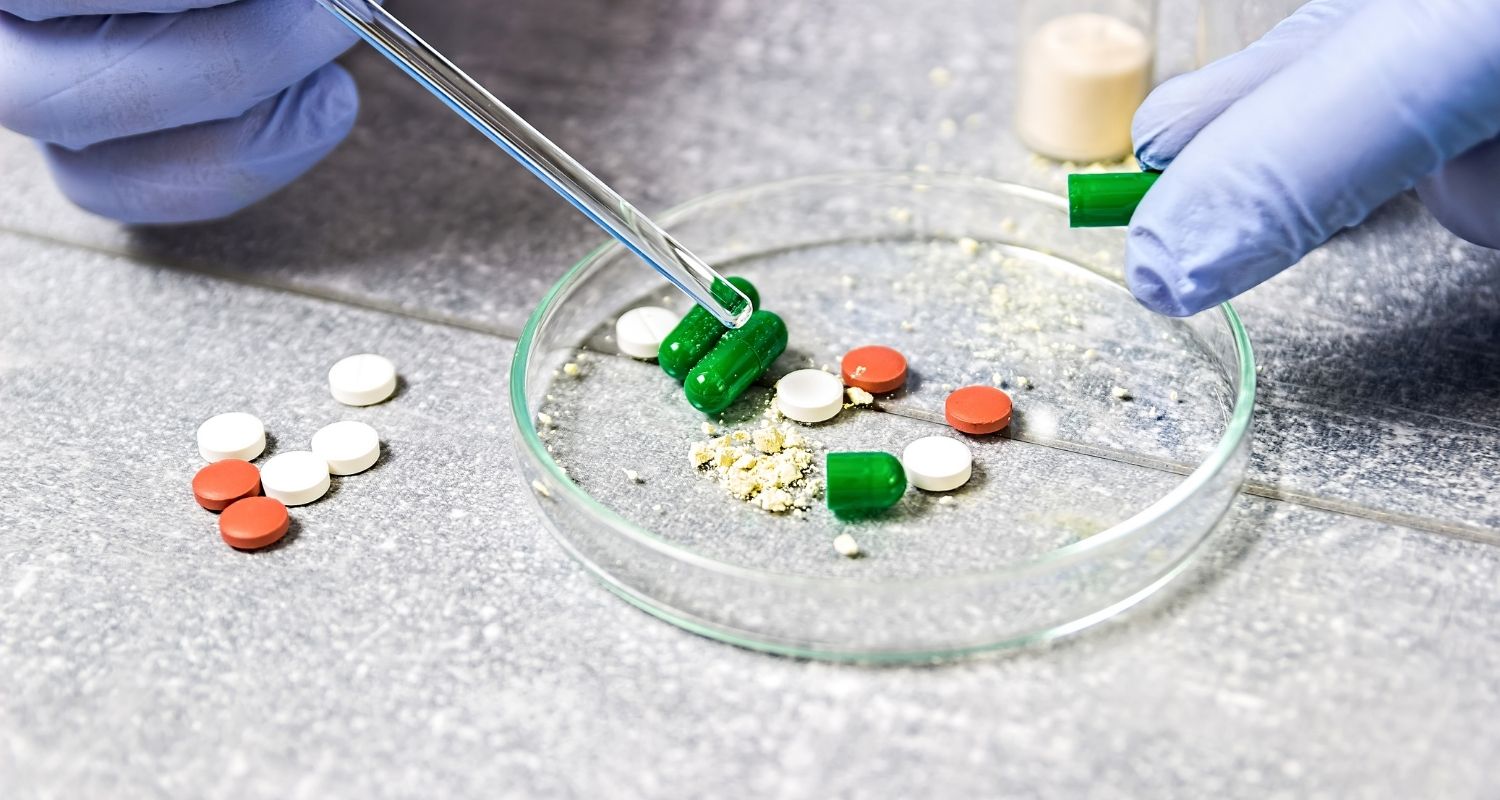Introduction
The term “drug development” refers to the process of converting a substance from a drug candidate (the end result of the discovery phase) to a product authorized for commercialization by the applicable regulatory bodies. For commercial success, efficiency in medication development is crucial for two primary reasons:
- Around two-thirds of overall R&D expenses are spent on development. The cost per project is much higher throughout the development phase and rapidly rises as the project progresses through the final stages. Keeping these expenditures in check is a top priority. A compound’s failure during development constitutes a significant financial loss.
- The speed with which medicine is developed is critical in determining sales income since time spent on development reduces the duration of patent protection once the drug is commercialized. Generic competition significantly decreases sales income after the patent expires.
What Is The Process Of Drug Development?
The process of moving a new drug from “bench to bedside” is referred to as drug development. It may take between ten and fifteen years to design, develop, and approve a medication for use in humans. In certain cases, the drug development and approval processes may be accelerated – for example, if the medicine is the first available therapy for an illness or demonstrates a considerable advantage over currently available medications.
Before a medicine may be prescribed to a patient, it must undergo extensive testing to ensure that it is safe, effective at treating the ailment for which it was designed, and that the right dose and delivery method are used.
Pharmaceutical regulatory agencies are in charge of monitoring and regulating therapeutics, which include prescription and over-the-counter medications, vaccines, cell treatments, and medical devices. They are critical components of the drug development process, ensuring licensed pharmaceuticals’ safety, effectiveness, accessibility, and security. The relevant pharmaceutical business will perform pharmacovigilance efforts during the drug’s development.
The Stages Of Drug Development
- Drug Discovery in the Early Stages
Several critical “steps” are completed throughout the drug development process. Academic and industrial scientists cooperate to find druggable targets for a particular illness and to develop and optimize drug molecules capable of eliciting an impact on a specific biological target involved in the disease – to cure it. This process is carried out in the laboratory utilizing in vitro and animal models.
- Preclinical Investigations
Preclinical testing is intended to provide critical information about a drug candidate’s effectiveness and safety prior to human subject testing. Typically, both in vitro and in vivo models are utilized to demonstrate a candidate’s biological impact. Regulatory agencies such as the FDA and MHRA need preclinical research before filing an investigational new drug application (IND) that is necessary to advance clinical development.
- New Drug Application for Investigational Use
An IND may be classified as “commercial” or “research.” An IND application must provide many critical areas: animal model pharmacology and toxicity studies, manufacturing data, clinical trial procedures, and investigator information.
- Clinical Investigations
Clinical trials are meant to address particular research concerns about a new medicine under evaluation. Trials must adhere to a study protocol – a document outlining the specific procedures for conducting the clinical research. It outlines the research’s primary goals, design, and statistical considerations in order to assure participant safety and the integrity of the data acquired throughout the study.
What Is Pharmaceutical Manufacturing?
Pharmaceutical manufacturing is described as the method through which pharmaceutical businesses synthesize pharmaceutical medications on an industrial scale. Drug manufacturing services are defined by a fundamental commitment to achieving the client’s goals with the highest level of quality while maximizing time efficiency and cost management.
Pharmaceutical manufacturing is the method through which pharmaceutical businesses create pharmaceutical medications on a large scale. The manufacturing process of drugs may be decomposed into a number of individual activities. The procedure may include milling, granulation, coating, and tablet pressing.
Continuous pharmaceutical production can provide more flexibility, quality, and economic benefits than batch processing, both in terms of process development and manufacturing for the pharmaceutical industry. There have been major developments in science and engineering over the last decade that have facilitated the introduction of continuous pharmaceutical manufacture.
< Previous | Home | Next >

